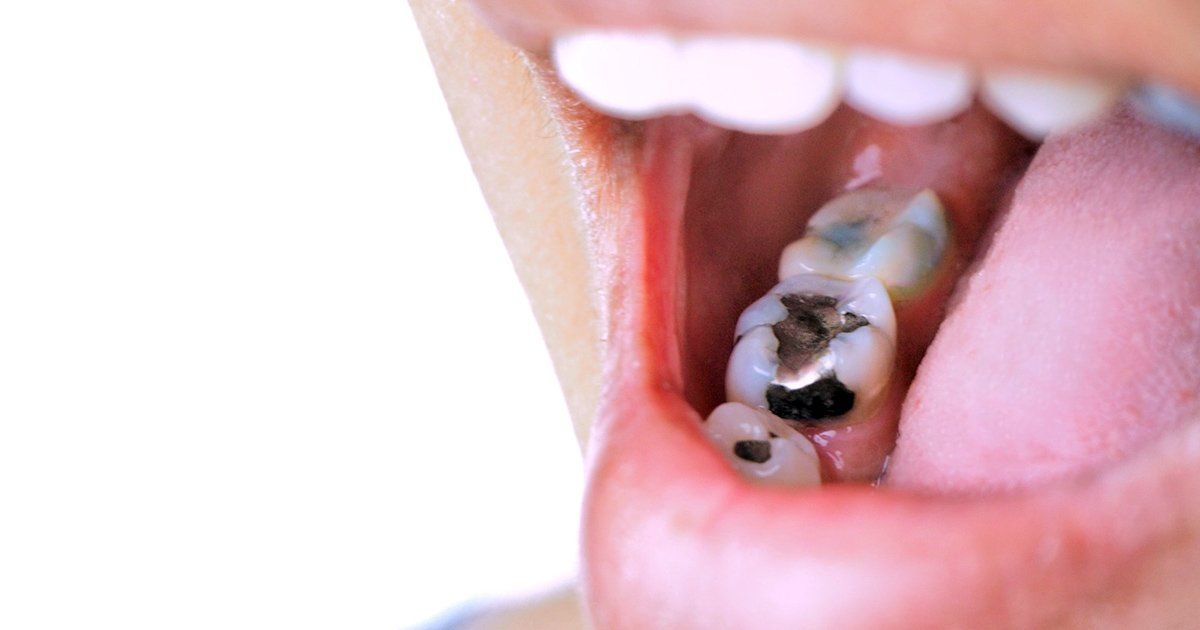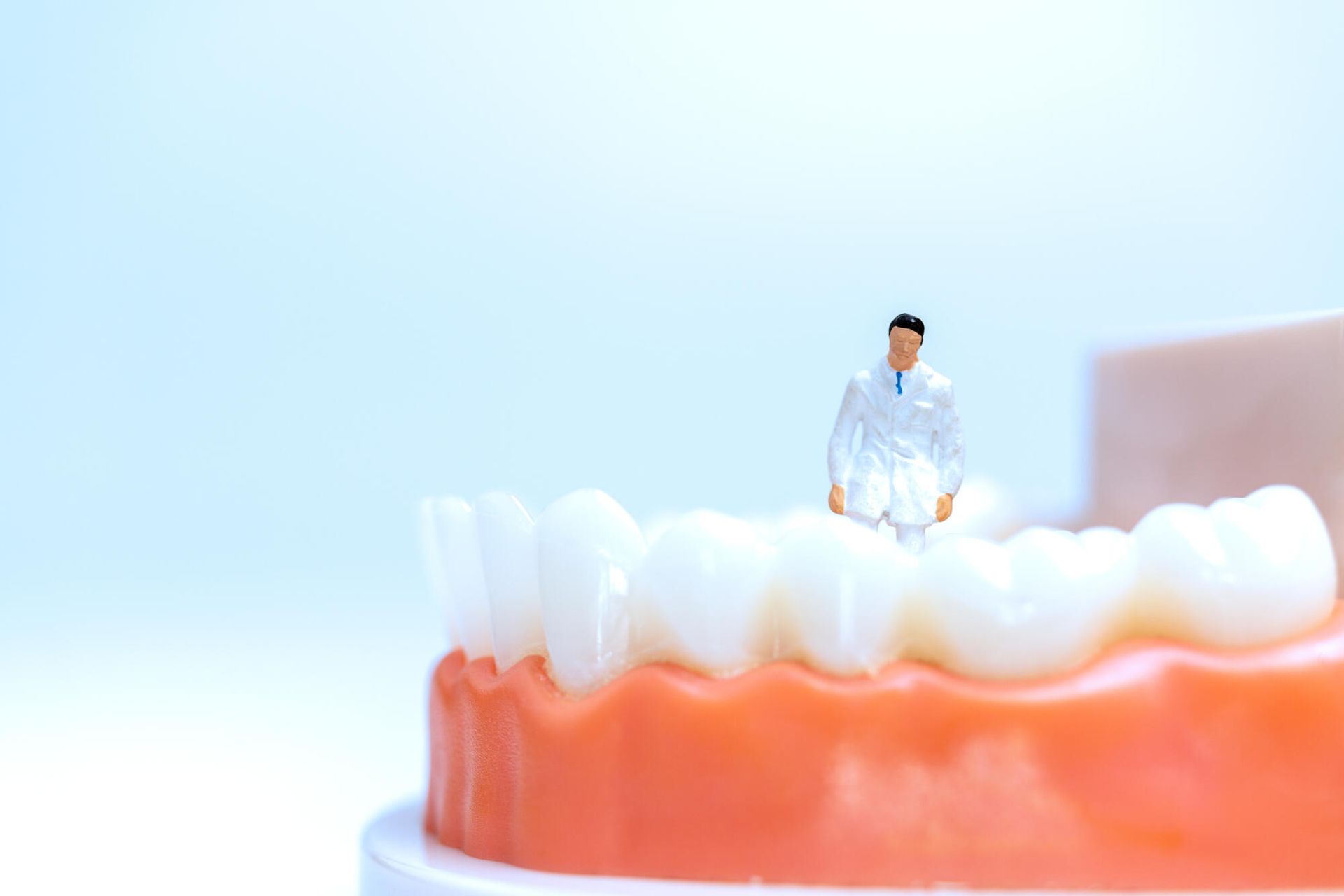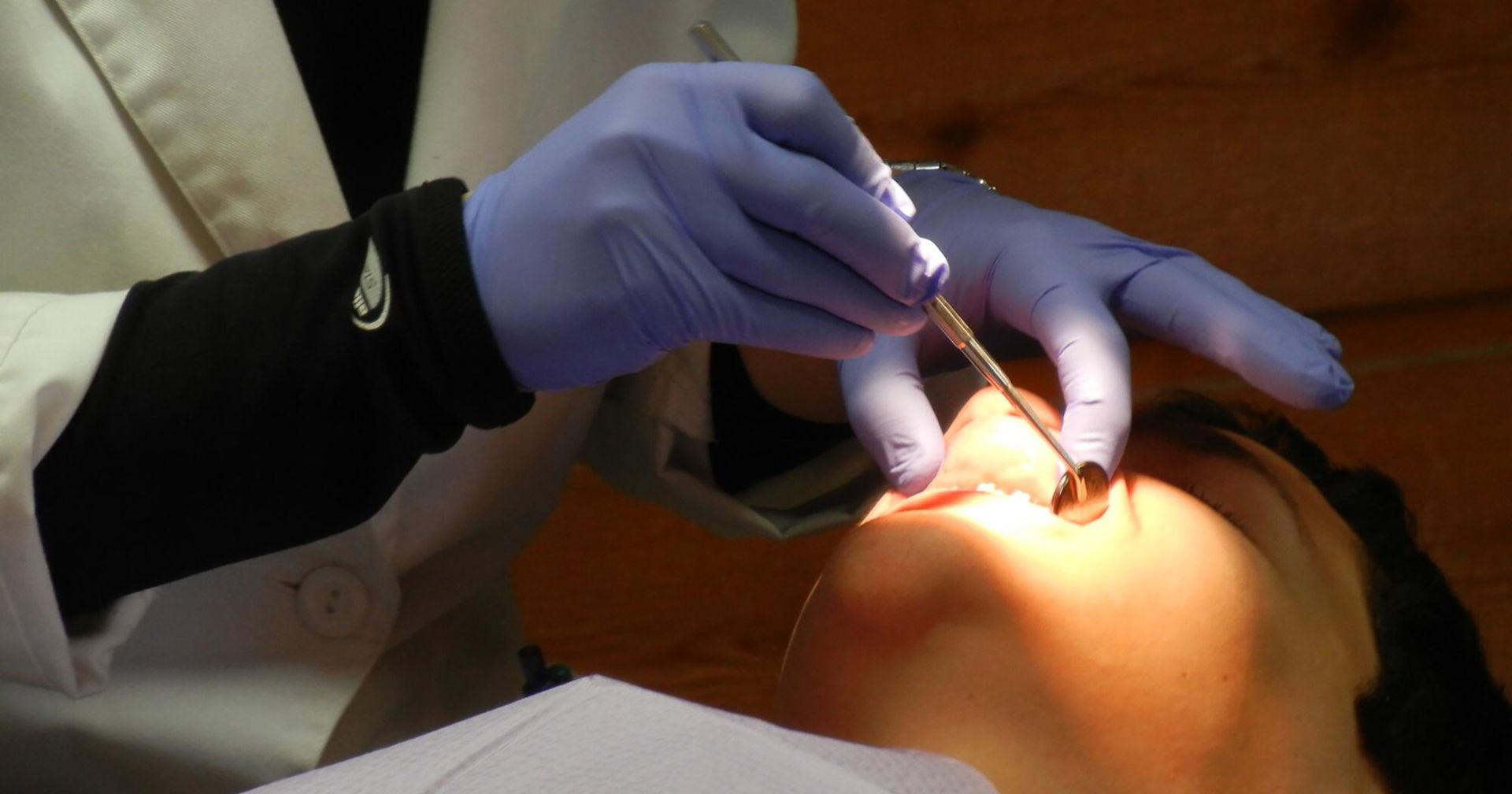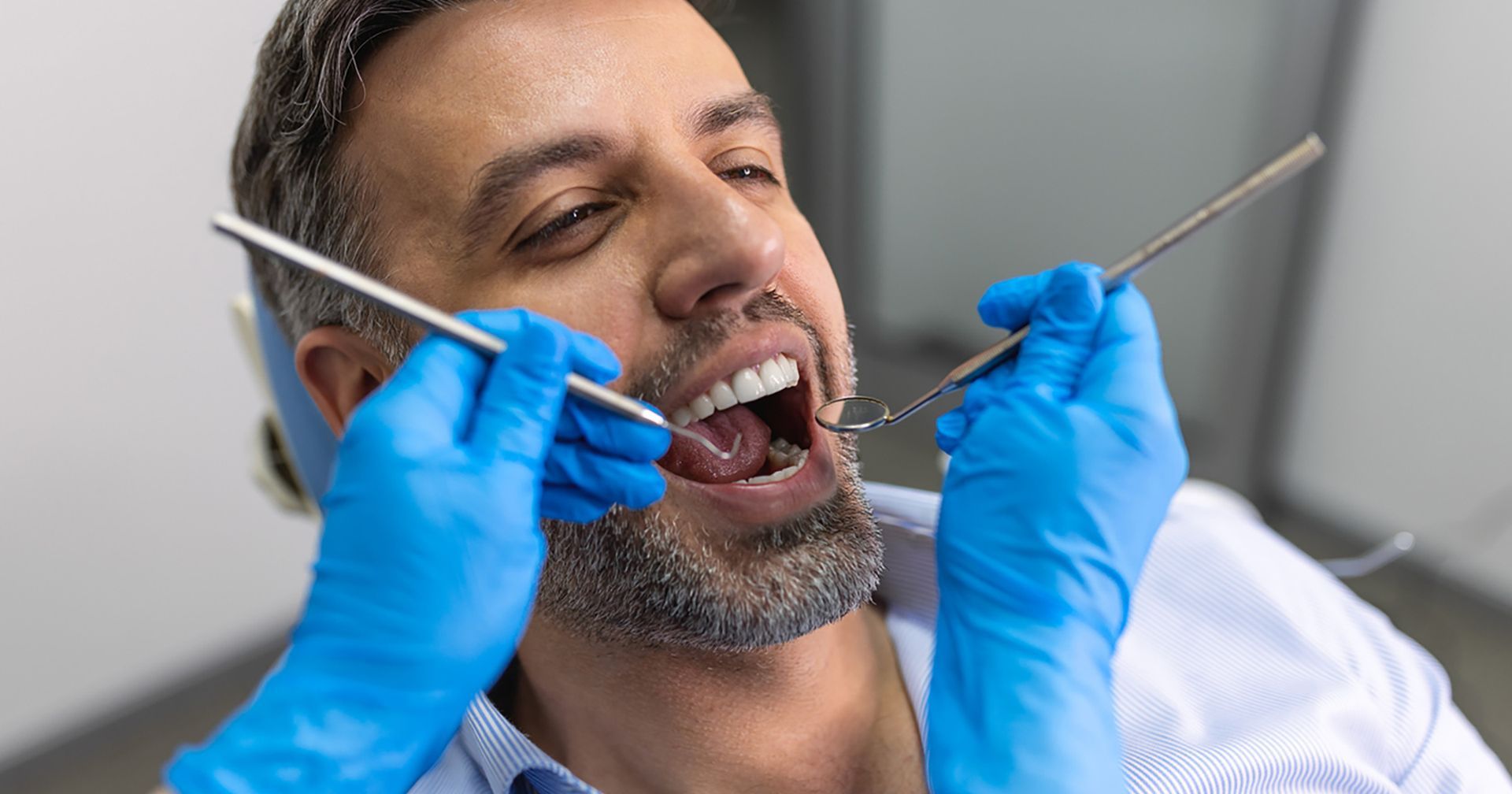Keep your mouth healthy. Read this guide and learn what you need to know about preventing and caring for dental cavities.
Did you know that 90% of people in the United States alone have had at least one dental cavity at some point in their lives? Cavities are among the most common dental problems around, and they are generally the result of poor dental hygiene. However, what many people don't know is that, if left untreated, dental cavities can become serious problems since they will eventually penetrate down to the root of your tooth.
If you have had cavities in the past or have cavities now, keep reading more below to see how cavities form, how you can get them treated, and how you can prevent them in the first place.
How Do Cavities Form?
Any dentist in Columbia, MD, will tell you how important it is to brush and floss your teeth to prevent cavities. And yet, people tend to ignore this advice and eventually end up with cavities. Of course, forgetting to brush your teeth here and there won't be detrimental to your oral hygiene, but consistently not taking care of your teeth will soon create dental problems.
What your dentist, Columbia, MD, might not tell you is how cavities come about in the first place. You may already know that it has something to do with sugar, but you might not know that there are some strains of bacteria in your mouth that are the real culprits for cavities. The bacteria that live in your mouth are generally harmless until they come in contact with sugar.
That's because these bacteria love to eat sugar. When they eat sugar, they produce acid as a byproduct. This acid is too weak to cause you any pain, which is why you don't notice it. However, it is still strong enough to damage your teeth.
After you drink a soft drink or eat candy and don't brush your teeth, your teeth will soon be immersed in an acid bath thanks to the oral bacteria.
Eventually, this acid will start to wear down your tooth enamel. Even though tooth enamel is the strongest tissue in your body, it can eventually thin and cause tooth sensitivity.
At some point, a cavity will form. A cavity is a space where bacteria have gathered and started to eat away at your enamel. You might not notice cavities at first, but they tend to begin as little white dots on the surface of your teeth.
As the cavity gets worse, the dot might darken and turn into a hole.
How Do You Treat Cavities?
So, how do you treat cavities once you have them? It depends on how serious your cavities are. For example, if your cavity is only a little white dot on the surface of your tooth, you may not have to go to the dentist yet, and you might not need a cavity filling.
If you are able to catch your cavity early, you should be able to keep it from getting any worse (and even get rid of it) by brushing your teeth regularly. By brushing several times a day, every day, with a good toothbrush, you will be able to scrape the bacteria out of the forming cavity, preventing the bacteria from eating into your tooth enamel.
However, most people aren't able to treat their cavities this early. Instead, they treat their cavities only once they start to experience the symptoms of cavities. Once you start to feel tooth pain or sensitivity, it means that you already have a pretty well-developed cavity.
In this case, you will need to make a visit to the dentist to have the cavity treated. Your dentist will most likely need to drill the cavity out of your tooth. This shouldn't worry you too much because the dentist will give you some laughing gas to numb the pain and keep you calm during the procedure.
Once your dentist drills your cavity, he will need to fill it with something. You will be able to choose what kind of filling you want. Most people prefer fillings that match the color of their teeth.
Porcelain fillings are ideal for this, although they can be somewhat expensive. If you don't care about the look of your fillings, a silver amalgam filling may be the best bet, especially since it is the cheaper option.
How to Prevent Cavities from Forming
The best thing you can do to prevent cavities from forming is to take good care of your teeth. By brushing your teeth at least twice every day or once every time you eat, you can ensure that you won't get any cavities. The bacteria in your mouth won't have the chance to convert the sugar you eat into acid that will damage your teeth.
Flossing is also very important. Food, especially sticky food like candy, can get stuck between your teeth. When this happens, your toothbrush might not be able to reach the particles.
As a result, cavities will form between your teeth. You can prevent this from happening by flossing once every day. Flossing not only can prevent cavities but can also prevent the buildup of plaque and tartar, which can also cause dental problems.
Avoiding sugary substances is also a good idea. Sipping on sugary sodas or energy drinks throughout the day is terrible for your teeth because they will constantly be bathed in sugar and acid. Having sugar once in a while is fine, but always be sure to brush your teeth afterward.
Your Guide to Dental Cavities
Dental cavities can be frustrating, but you won't have to deal with them as long as you take good care of your oral hygiene. By brushing and flossing your teeth and limiting your intake of sugary foods and drinks, you can prevent cavities from happening in the first place.
If you think you might need to have a dentist treat your cavities, check out
our services here.




















